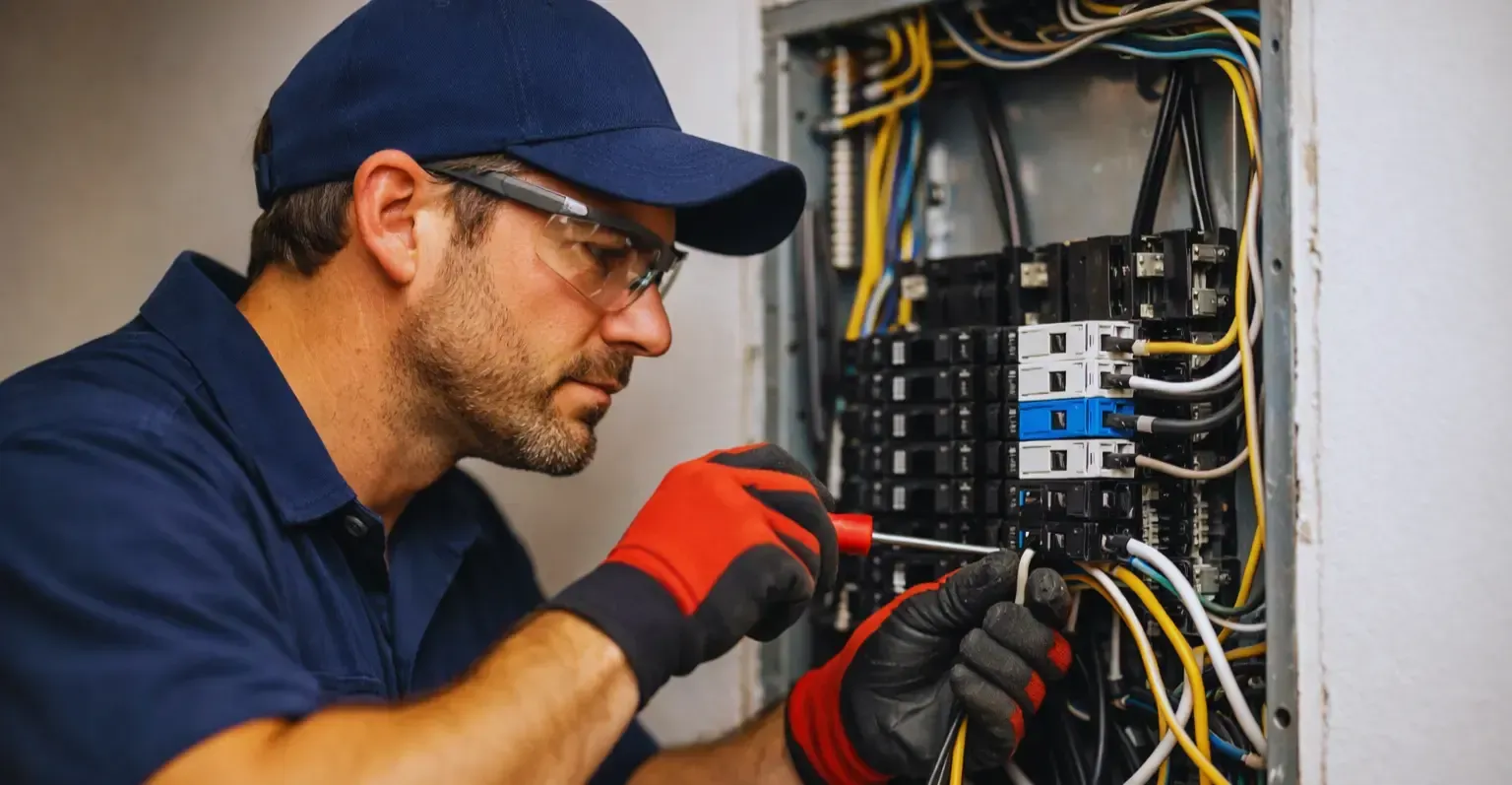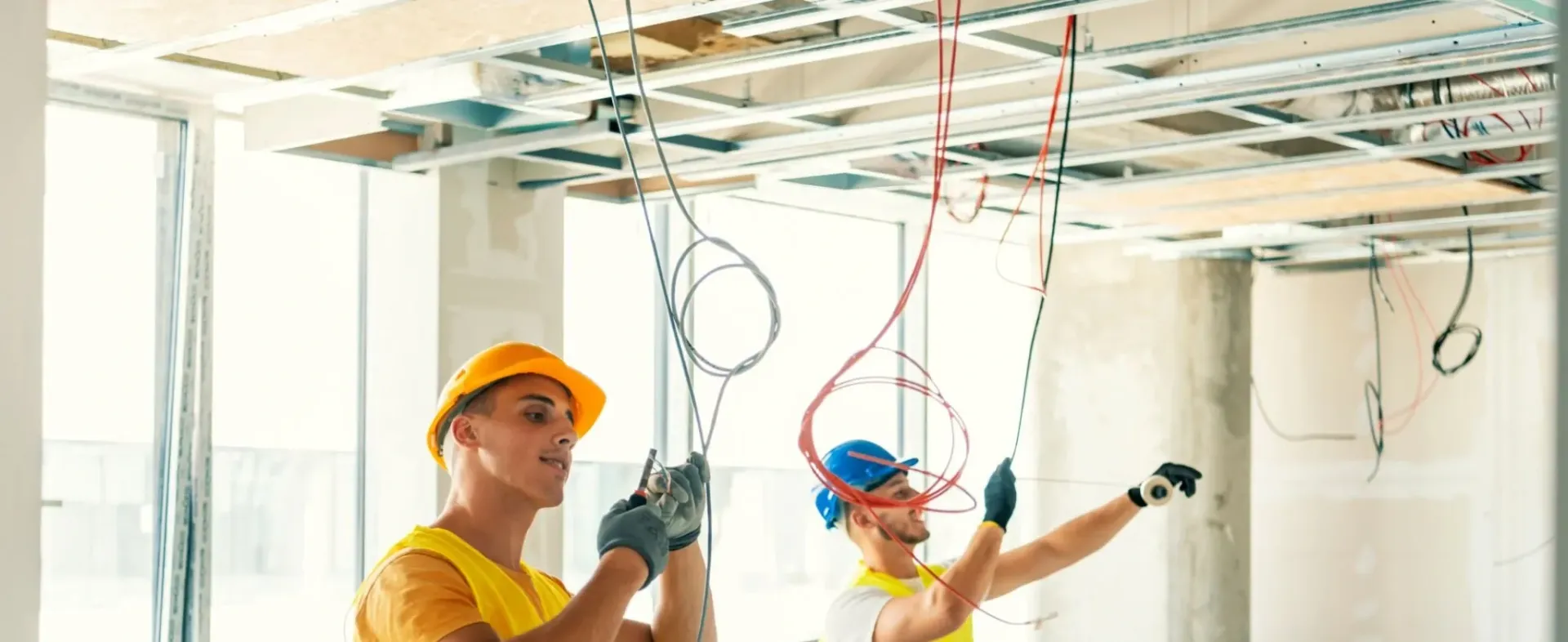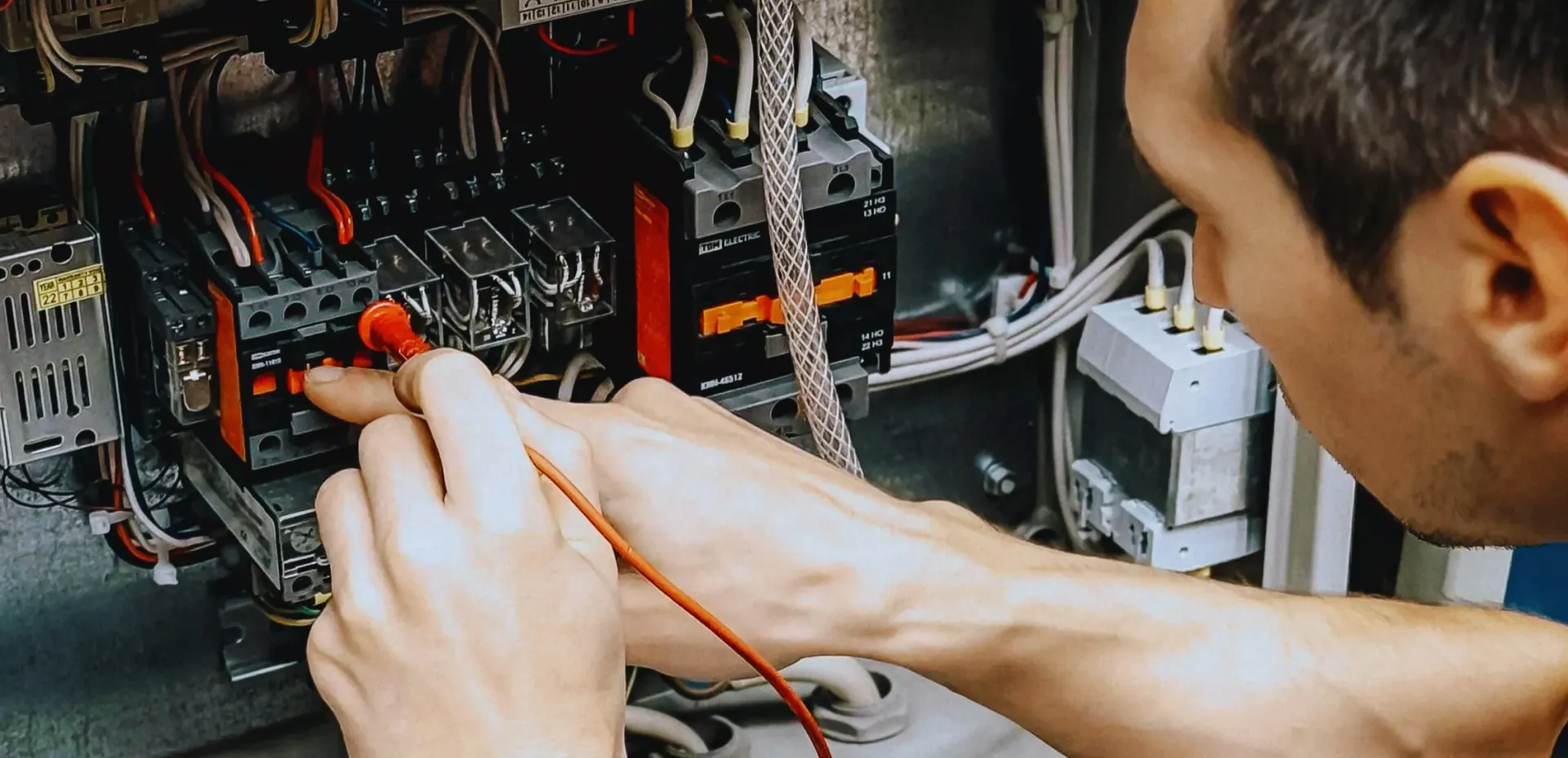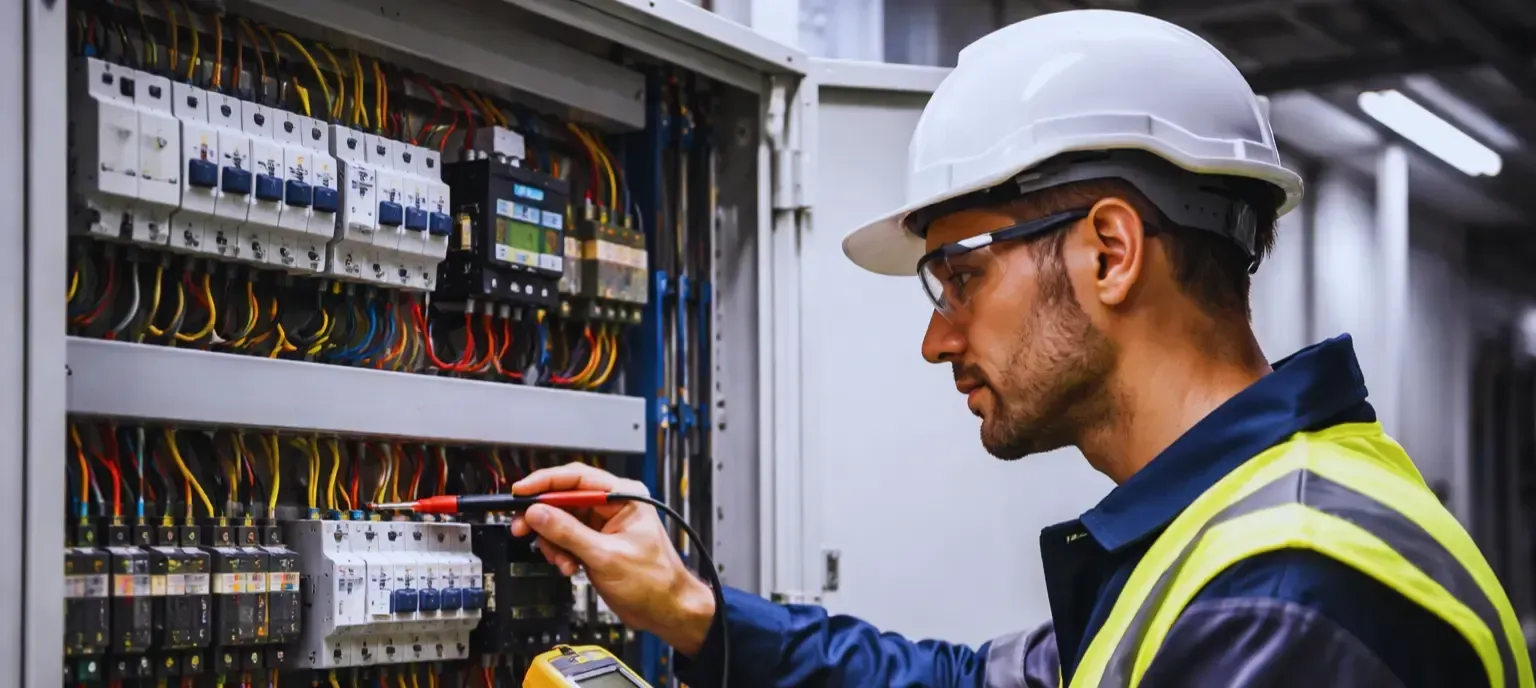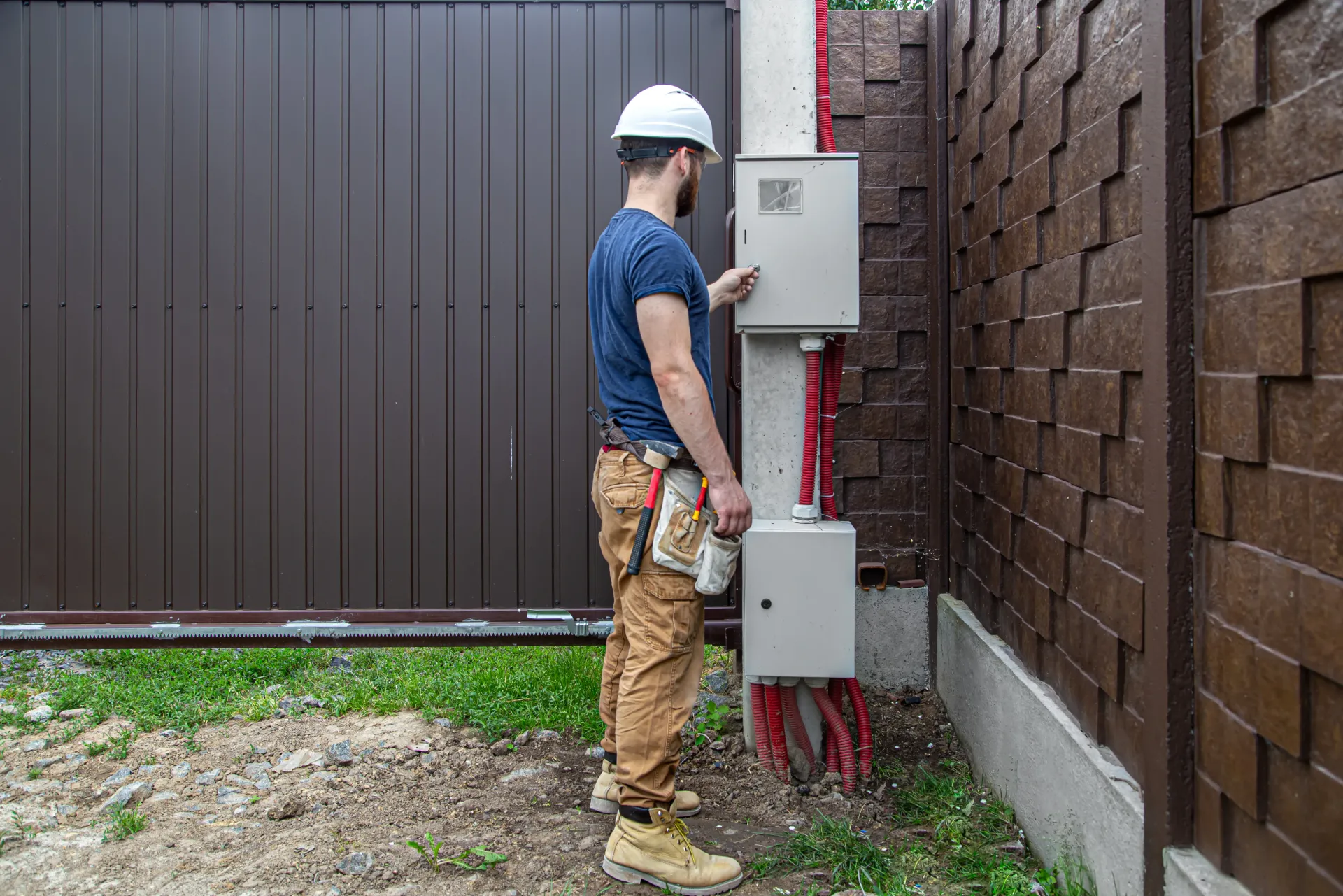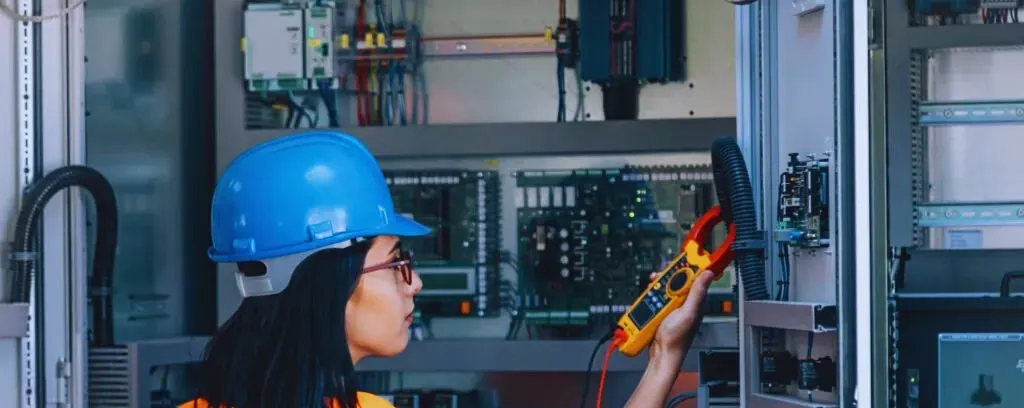Commercial Electrical Safety: Protecting People, Property, and Productivity
Introduction to Commercial Electrical Safety
In today’s business world, electricity is as essential as air. Offices, warehouses, factories, and retail spaces all rely on it to keep lights on, machines running, and operations smooth. But as indispensable as it is, electricity can be dangerous if not managed properly. That’s where commercial electrical safety comes in — a framework of practices, rules, and technologies designed to keep people safe, property secure, and productivity uninterrupted.
Ignoring electrical safety in a commercial setting is like driving without brakes — you might get away with it for a while, but eventually, disaster strikes. Fires, shocks, downtime, and even legal consequences can be avoided with the right systems in place. Let’s break down exactly how this works and why it should be a top priority for every business owner.
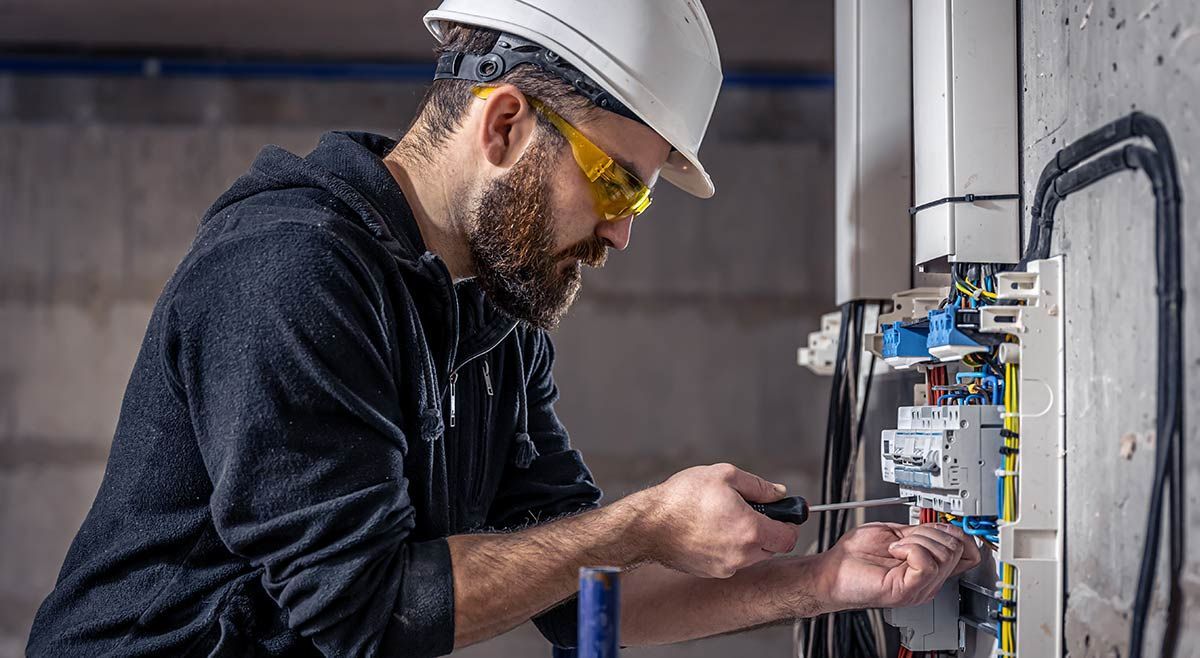
Understanding Commercial Electrical Safety
Commercial electrical safety is more than flipping a breaker when something trips. It’s a comprehensive approach that involves proper installation, routine inspections, risk assessments, staff training, and emergency preparedness. It’s about ensuring that every wire, outlet, breaker, and appliance works correctly and safely.
The principles of commercial electrical safety are guided by codes like the National Electrical Code (NEC) and enforced by regulatory bodies such as OSHA. These standards exist because electrical hazards are among the top causes of workplace injuries and fires.
The Role of Electrical Systems in Modern Businesses
Without electricity, modern commerce comes to a halt. From office lighting to manufacturing equipment, everything depends on consistent electrical power. Computers, servers, refrigeration units, conveyor belts — they all need a reliable power source.
When the electrical system is well-maintained, your business enjoys smooth operations. But when problems arise — like sudden outages or voltage fluctuations — the result can be delayed shipments, lost sales, and frustrated customers.
Common Electrical Hazards in Commercial Buildings
Some of the most frequent hazards in commercial settings include:
- Faulty wiring that causes overheating and sparks
- Overloaded circuits leading to tripped breakers and fire risk
- Improper grounding that increases the chance of electric shock
- Exposed cables that can be damaged or chewed by pests
- Old equipment that fails under pressure
Identifying and fixing these hazards before they escalate is key to safety.
Impact of Electrical Safety on People
The first and most important goal of electrical safety is protecting people. Employees, customers, and visitors should never face the risk of electric shock, burns, or worse. Proper grounding, functional breakers, and regular inspections ensure that your workplace is not a danger zone.
A safe environment also boosts morale. Employees who feel secure in their workspace are more productive and less likely to miss work due to injury.
Impact of Electrical Safety on Property
Electrical fires destroy billions in property every year. By implementing strong safety measures, you’re essentially adding a layer of fire prevention. This includes everything from keeping electrical rooms free of clutter to ensuring outlets aren’t overloaded.
For example, investing in professional Electrical Service ensures that your system is up to code and capable of handling your business’s demands.
Impact of Electrical Safety on Productivity
Downtime is expensive. When a breaker trips or equipment fails due to electrical issues, work grinds to a halt. Safe, well-maintained electrical systems help avoid unexpected outages, allowing your team to focus on their jobs instead of troubleshooting power problems.
Legal and Regulatory Requirements for Commercial Electrical Safety
In the U.S., OSHA requires employers to provide a workplace free from recognized hazards — and electrical safety falls squarely under this obligation. NEC guidelines also dictate how electrical systems should be designed and maintained.
Failing to comply not only puts people at risk but can lead to hefty fines and legal action.
Electrical Safety Best Practices for Businesses
Some core practices include:
- Scheduling annual inspections with licensed electricians
- Keeping detailed maintenance records
- Using surge protectors for sensitive equipment
- Avoiding daisy-chained extension cords
- Implementing a lockout/tagout system for repairs
Importance of Professional Electrical Services
Commercial systems are complex. Hiring a qualified professional means your wiring, panels, and circuits are evaluated by someone who knows exactly what to look for. Routine service from an experienced provider can prevent both small issues and catastrophic failures.
Workplace Electrical Safety Training
Even the safest electrical setup can’t prevent all incidents without educated staff. Training employees to recognize hazards — like frayed cords or overloaded outlets — empowers them to act before accidents happen.
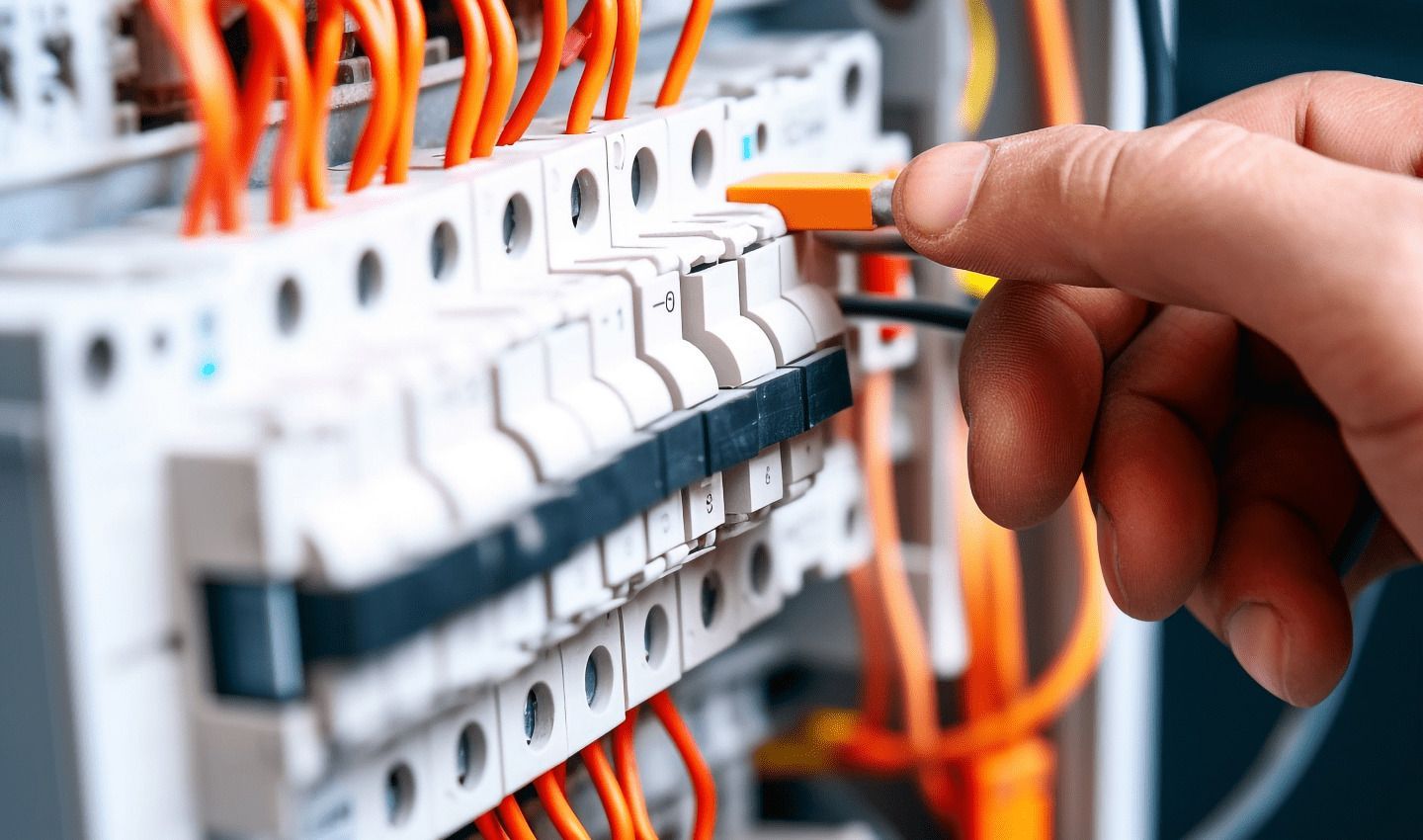
Emergency Preparedness for Electrical Incidents
Every business should have a plan for power outages, shocks, or electrical fires. This includes knowing evacuation routes, using backup generators, and having fire extinguishers rated for electrical fires.
Commercial Electrical Safety Audits
A safety audit involves a detailed inspection of your facility’s electrical infrastructure. It identifies weaknesses, ensures compliance, and provides a roadmap for improvements.
Advancements in Electrical Safety Technology
Smart circuit breakers, infrared thermography for hot spots, and automated shutdown systems are just a few innovations making workplaces safer.
Cost of Ignoring Electrical Safety
Cutting corners may save money today, but it can cost much more tomorrow — in repairs, downtime, fines, or lawsuits.
How to Choose the Right Commercial Electrician
Look for:
- Proper licensing and insurance
- Positive client reviews
- Experience with similar facilities
- Willingness to provide references
Commercial Electrical Safety: Real-World Case Studies
For instance, one warehouse avoided a major fire thanks to regular thermal imaging inspections that caught overheating wiring early. In contrast, a small store lost everything due to ignoring repeated breaker trips.
Contacting Experts for Electrical Safety Solutions
If you suspect your system might be unsafe or overdue for inspection, don’t wait until a problem arises. Reach out to trusted professionals via the Contact page to schedule a safety review.
FAQs on Commercial Electrical Safety
Why is commercial electrical safety so important?
It protects people from injury, prevents property loss, and keeps operations running smoothly.
How often should a commercial electrical system be inspected?
At least once a year by a licensed professional, though high-demand facilities may need more frequent checks.
What’s the difference between residential and commercial electrical safety?
Commercial systems are more complex, handle higher loads, and require stricter compliance with codes.
What signs suggest an electrical problem?
Frequent breaker trips, flickering lights, warm outlets, or burning smells.
Do surge protectors really help?
Yes — they protect sensitive electronics from sudden voltage spikes.
Can employees handle electrical repairs?
No, unless they are licensed electricians. Untrained repairs can be deadly.
Conclusion: Building a Safer and More Productive Business Environment
Commercial electrical safety isn’t just a compliance checkbox — it’s an investment in people, property, and productivity. By staying proactive with inspections, training, and professional services, you’re building a workplace that thrives today and is prepared for tomorrow.
Links
